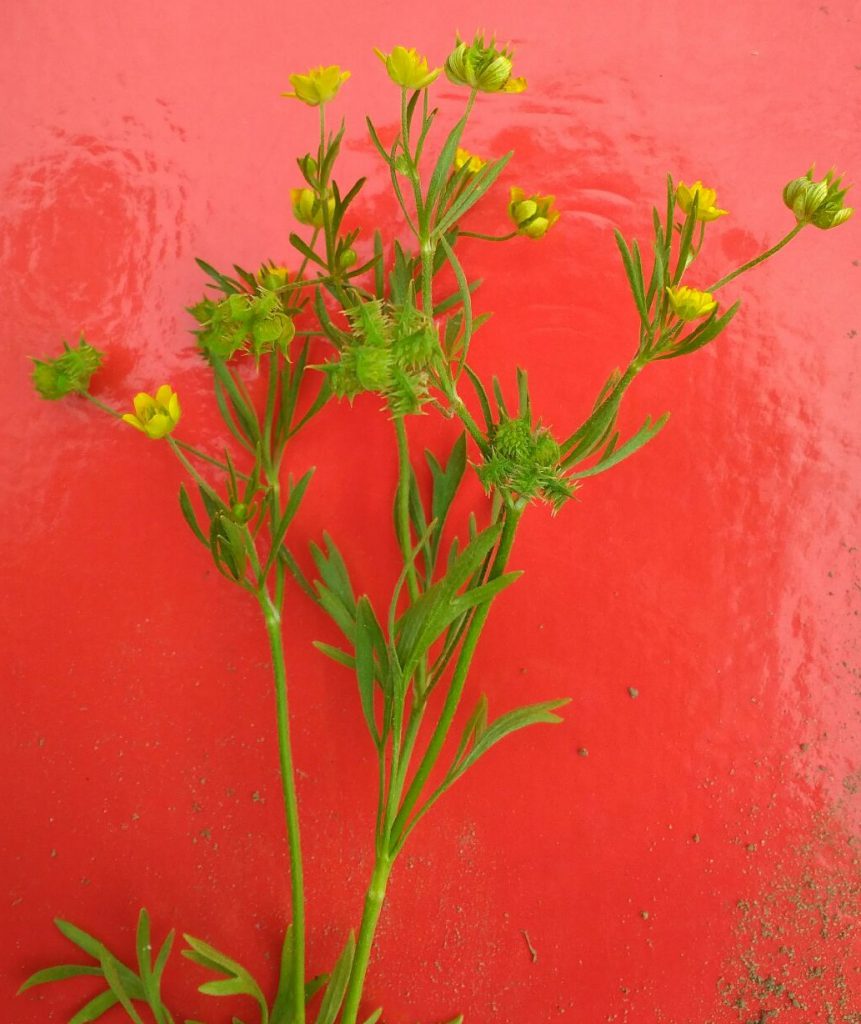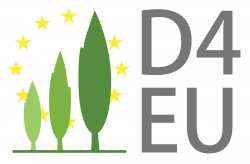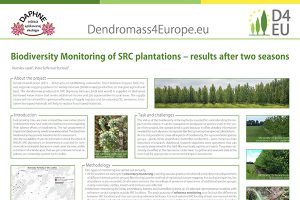Fast-growing trees like planted poplars are more competitive over native plants and therefore they have led to increasing concerns regarding their adverse effects on biodiversity. The real assessment of impacts on biodiversity needs to be elaborated. The data from biodiversity may provide baseline for this assessment. As it is not possible to cover all aspects of biodiversity, the representative species groups – plants, birds, amphibians, butterflies and beetles – were chosen as main objectives of research. Additional research objectives were specimens that can
be easily determined in the field like mammals, reptiles or insects.

D4EU´s Slovakian partner DAPHNE has carefully monitored biodiversity since the plantations have been established. Hundrets of kilometers have been gone, thousands of species have been recorded. The results after two years of investigation show, that poplar plantations can improve biodiversity, e.g. when they are planted on arable fields.
A deaper insight into the monitoring results is provided by the technical poster by DAPHNE.

